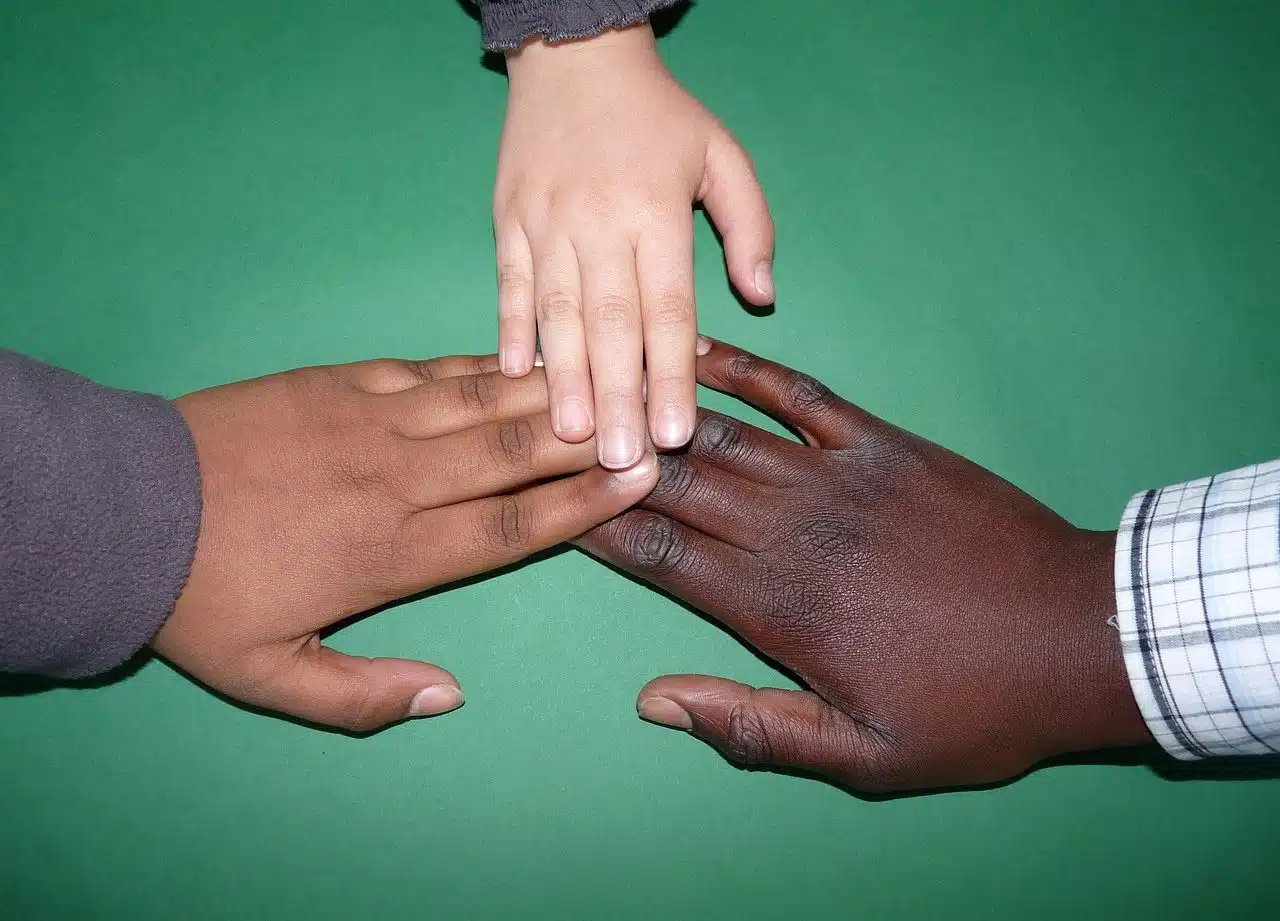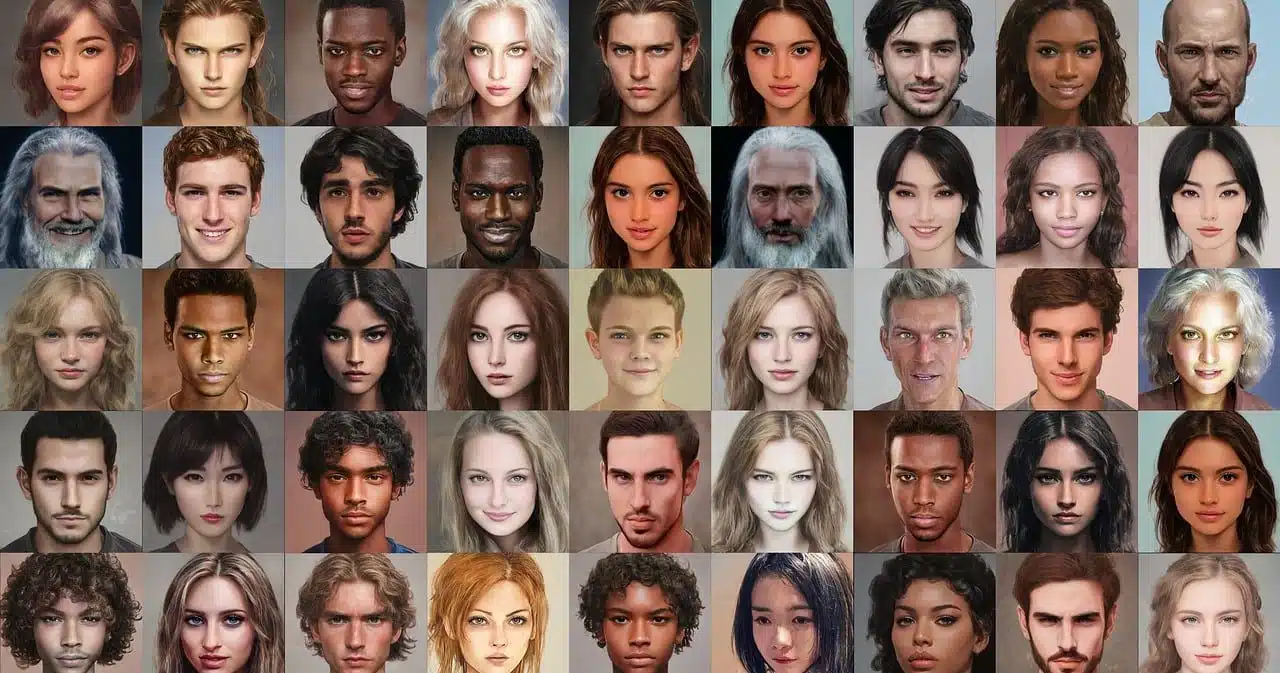
Minority rights promote social integration.
Minority rights are the powers and faculties of the people who make up a minority social group . These are norms and principles that specifically concern those who, due to gender, ethnic, racial, linguistic or religious reasons, are not part of the predominant groups.
To accurately understand the concept, it is key to analyze the terms that give it shape. A right is a power or ability that allows an individual to demand or carry out what legislation grants in their favor or what is considered to derive from the human condition. In this framework, the population sector that differs from the majority of society due to language, race or other characteristic is called a minority .
Guaranteeing and promoting the rights of minorities, in short, contributes to equality , provides protection against hatred and discrimination and defends the premise of non-discrimination.
Characteristics of minority rights
The notion of minority rights refers to both individual rights whose application falls on a person and collective rights that are granted to a certain community. The key lies in the idea of minority, which is not easy to define in this context.
We can talk about racial minorities , ethnic minorities , sexual minorities , linguistic minorities and religious minorities , among others. For the United Nations ( UN ), a minority is defined in fact since there is no regulation that establishes requirements, limits or scope. In turn, the UN indicates that the classification of a group as a minority involves objective issues (a language, an ethnicity , etc.) but also subjective issues (among them, the self-recognition of the members as part of a certain community ).
Thus, it is only possible to consider the rights of minorities when precisely what a minority is is defined. This step is essential to then agree on which social groups constitute a minority in a nation and what are the specific rights that must be protected so that its members preserve their cultural autonomy , their beliefs and the rest of the particularities that make up their identity .

The defense of minority rights promotes multiculturalism.
The 1992 declaration
Today, minority rights are governed primarily by the Declaration on the Rights of Persons Belonging to National or Ethnic, Religious and Linguistic Minorities , a document that the UN General Assembly adopted in late 1992 . This declaration establishes those basic standards that are required for adequate management of diversity and to promote the self-determination of these groups, also safeguarding human rights.
The text indicates that States must recognize the existence and protect the identity of the minorities that live in their territory. Members of minorities, simultaneously, have the right to intervene in regional and national decisions that affect their group, as long as said intervention is not incompatible with national laws.
This UN declaration also points out that state policies must be planned and executed taking into account the interests of those who make up minorities. This contributes to peace and security and helps minimize social inequality .

Many minority rights help combat economic exclusion and poverty.
Examples of minority rights
Minority rights can be protected in multiple ways. Let's take the specific case of indigenous rights . Aboriginal communities are usually recognized as having the right to land and natural resources, granting them the management of land with roots in the group. Likewise, their right to language is recognized through bilingual education provided by the State.
If we think about sexual minorities and LGBTQ+ rights , the right to work of the transgender population is usually guaranteed by establishing mandatory quotas in the State and in companies that have more than a certain number of employees. In this way, to avoid gender discrimination and promote integration , it is obligatory to hire trans workers who meet certain requirements. Specifically, these measures represent a case of positive discrimination to assist historically disadvantaged individuals.
It is possible to contemplate in this set the rights of the disabled , such as the possibility of using public transport for free or parking their vehicles in any space without restrictions. If we think about religious freedom , state authorities must ensure the right to secular education so that everyone can maintain their creed and profess their beliefs.
It is very important to keep in mind that minority rights do not replace other rights . That is to say: someone who is a member of a minority may have certain guarantees or safe conduct due to their membership in said group, but they also have the rights that those who make up the majority group of society have. Returning to the case of the right to work of the transgender community, beyond the quota, these workers have the right to paid vacations, sick leave, retirement and the rest of the protections and benefits that all people enjoy according to the labor legislation of your country.
